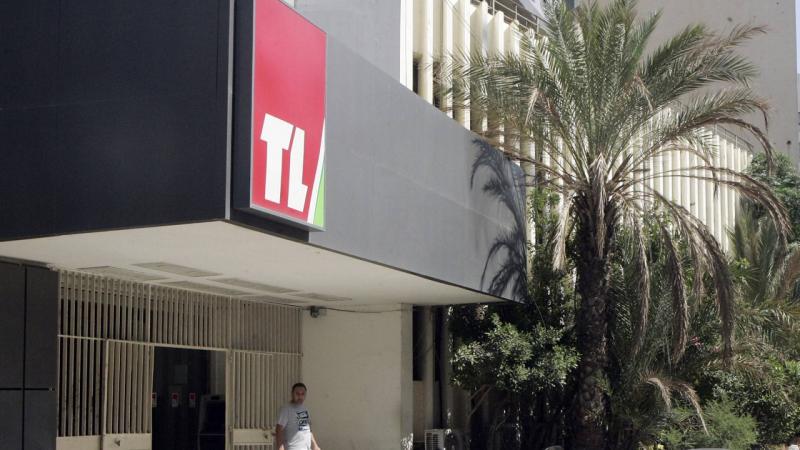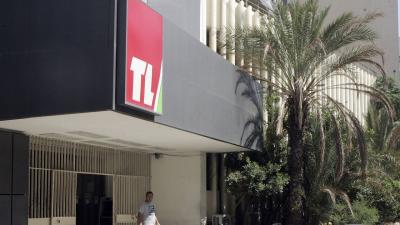The Lebanese Ministry of Information is striving to include the archive of Tele Liban, the oldest television station in the Arab world, on UNESCO's "Memory of the World" list, hoping it will become the third entry from the country of the cedars on global heritage lists, following the Phoenician alphabet and the archaeological Dog River slabs. Tele Liban is linked to the collective memory, and many Lebanese yearn for the golden age of this screen during the 1960s and 1970s, as the personalities from its entertainment, comedy, and drama programs remain etched in the minds of those who experienced that era.
The "Memory of the World" program, established by UNESCO in 1992, aims to prevent the loss of documentary heritage, defined by UNESCO as "document collections of significant and lasting value, whether in paper, audiovisual, digital, or any other form." Lebanese Information Minister Ziad Makari, who announced this initiative days ago, stated, "We aspire to register the Tele Liban archive as the first television in the Arab world, alongside the Lebanese radio and the National News Agency and Lebanese studies and publications," adding, "In fact, we have the oldest audiovisual archive in the Arab world."
He explained that the archive must "have cultural and historical value" to be included on this list and mentioned, "We have video tapes from World War II and the 1940s," although the cornerstone for television in Tallet el-Khayat in Beirut was laid in 1957, with operations starting in 1959. The minister noted cooperation with the French Ministry of Foreign Affairs and the French National Institute for Audiovisual (INA), stating, "We maintain the archive in a very close and serious manner."
The ministry will begin preparing the file in January, emphasizing "the importance of the archive in the collective memory and its cultural impact on the region we live in," according to the minister, who mentioned that there is technical assistance from UNESCO in the preparation. He describes the archive as "a collective, national, and human memory because the peak of preserving humanity is to safeguard its history and past as they are."
The archive includes over 50,000 hours of recorded footage that captures Lebanon's history through interviews, news coverage, visits by Arab presidents and kings, as well as diverse programs and musical performances from Lebanese artists and around the world, including "The Lady of the East" Umm Kulthum, Abdel Halim Hafez, Farid al-Atrash, and French singer Dalida.
UNESCO Director-General Audrey Azoulay has affirmed that such documentary heritage represents "the shared memory of humanity and must be protected for the sake of research and shared with as many people as possible because it is an essential part of our collective history." In May, UNESCO announced the inclusion of 64 documentary collections in the "Memory of the World" register, bringing the total number of collections to 494. The archaeological site at Dog River, located 15 kilometers north of Beirut, and the Phoenician alphabet were also inscribed in the "Memory of the World" in 2005.
If the Tele Liban archive is included on the UNESCO list, it would hold significant symbolic and moral importance, adding greater cultural value to Lebanon and placing our media heritage on the global map, as seen by the Lebanese minister. Makari stated that "the golden age of television was during the 1960s and 1970s, being the first television established in the Arab world at the state level." Tele Liban began broadcasting in black and white before transitioning to color, with uninterrupted live broadcasts and no recordings, remaining the only local station in the audiovisual media landscape until the establishment of the first private channel in 1985.
Tele Liban's status has diminished significantly due to the financial crisis the country is experiencing. Minister Makari concludes by saying that Tele Liban represents "a beautiful image of Lebanon, a country whose past is more beautiful than its present," adding, "Restoring Tele Liban's position in the media arena is a reflection of restoring Lebanon's role on the global stage."




